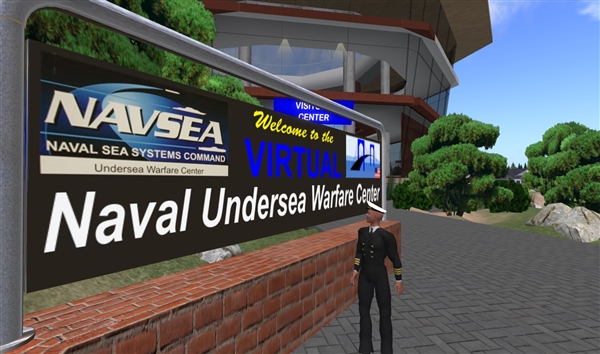Latin American Engagement Requires New Thinking, Mullen Says
American Forces Press Service
U.S. military-to-military engagement in Latin America will require a change in thinking and in the culture within the armed services, the chairman of the Joint Chiefs of Staff said yesterday.
Navy Adm. Mike Mullen spoke with American Forces Press Service on his way here during a trip that also has taken him to Brazil and Chile and will include visits to Colombia and Mexico.
In Brazil and Chile, the chairman emphasized that the United States has to rid itself of the vestiges of the Cold War to be effective in dealing with Latin America. He said Americans have been accustomed to looking east and west rather than north and south. To change that thinking, he added, military planners first must admit that’s what they do.
“I grew up in a polarized world that was basically East-West. That’s the Cold War,” Mullen said. “Here it is 20 years later, and we’re still breaking out of that.” The Cold War dominated U.S. military thinking for generations, the chairman added, and military planners still look to Europe and Asia before looking to Latin America.
The need for the United States to focus on Latin America is obvious, Mullen said. South America is the United States’ largest trading partner. Brazil, alone, is the fifth-largest country and 10th-largest economy in the world.
Latin America does have problems, the admiral said. The main threat to the region is narco-trafficking and the insidious problem of drug money. But challenges also exist with migration, ungoverned spaces, economic inequities and corruption. The U.S. government must engage with the leaders of Latin America across the spectrum, and military-to-military relationships can be the catalyst for much of this engagement, Mullen said.
The chairman also said he wants to capitalize on the ties between the United States and the various countries of the region.
“When you look at the percentage of Hispanics in the United States and the Hispanic continent of Latin America, there is a great natural affinity that draws our peoples’ together,” he explained. “I just think there are tremendous opportunities and really important imperatives for our future.”
U.S. Southern Command is an important part of this engagement with Latin American and Caribbean nations. Mullen said the command — based in Miami — is doing well with limited resources to listen to and engage with leaders in the region.
“There’s a whole range of aspects that go with engagement,” he said. “It’s economics, it’s education, it’s security, it’s climate [and] environment that are globally challenges. Doing this consistently is key to progress.”
The global financial crisis presents more problems, Mullen said. The U.S. military will feel the effects of this crisis and must be careful with how programs are cut.
“There are some relatively inexpensive investments on the ’soft-power’ side that have huge leverage,” he said. “So engagement investments on the military side — exercises, exchanges, military education, staff trips, all the things we do — even in a time of financial crisis, we need to be thoughtful about cutting those.”
The chairman said he views engagement as a long-term investment. Cutting those programs might mean a short-term financial gain, he said, but could end up costing more in the long run.
“I think that’s where leaders must be really thoughtful about how we adjust to financial increased budget pressures,” he said.
Engagement requires tangible “deliverables” – equipment, training, exercises and exchanges, Mullen said. He used U.S. military-to-military relations with Chile as an example.
“There have been plenty of deliverables with Chile over the years,” he said. “The total has produced a really solid relationship. Chile’s military is much more interoperable with us than other partners.” The same process must happen with other nations in the region, he added.
“One of the messages I took from meeting with my counterpart in Brazil is we must make sure we have a list like that and that we work it very hard,” the chairman said. “There has been great improvement in that in the last few years, and they are excited about that. There are great opportunities. We have to have a good pace and rhythm with Brazil, which is such an important part of South America and wants to be a good partner with the United States.”
The bottom line in U.S. engagement with countries in the region is the security risks the area presents, Mullen said.
“This really is a global risk,” he said, “and I think engagement and attention does an awful lot to mitigate and reduce that risk so we don’t get into a big crisis.”
Source:
U.S. Department of Defense
Office of the Assistant Secretary of Defense (Public Affairs)

 von
von 